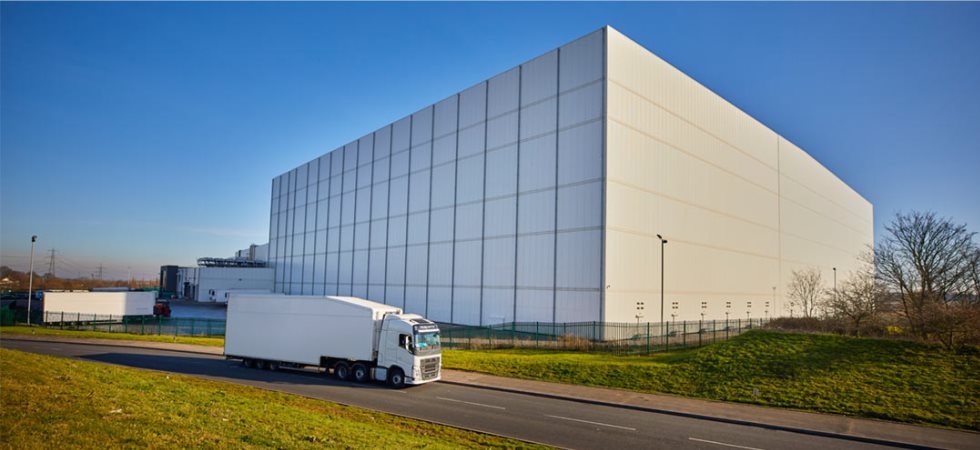The trade body has written to Business Secretary Kwasi Kwarteng seeking answers after government ‘broke its promise’ to support the food supply chain.
The Cold Chain Federation has spoken out following the recent launch of a grant competition for the development of red diesel alternatives for mining, quarrying and construction. The competition included no reference to the provision of direct support, and omitted transport refrigeration entirely.
The changes to government red diesel regulations coming into force in April 2022 mean that operators will have to pay more than double to power the tens of thousands of fridges that manufacturers, retailers and consumers rely on to keep food safe and prevent waste across the supply chain.
The Cold Chain Federation estimates this change will add £100 million in additional cost to the supply chain.
Within its letter, the trade body has asked for the following proposals to be put into action:
- Buying incentives – one off grants on specific zero emission technology trials or purchases (as seen when electric cars were in their infancy)
- Scrappage grants for replacing older equipment, carefully designed with the industry to maximise their effectiveness and avoid the issue of ‘stranded assets’
- Tax incentives to ensure uptake of emission free technology, such as VAT breaks or extension of ‘super capital allowance’ for qualifying lower emission technology beyond March 2023.
“A bad situation made worse”
Cold Chain Federation chief executive Shane Brennan said: “It’s been more than two years since government announced this tax hike. At every stage they have promised to give support to industry to help the transition. Now with months to go they are leaving food supply chain operators high and dry.”
Brennan went onto to say that the latest update on the tax could not have come “at a worse time.” He said: “Businesses are struggling across the food supply chain, fighting to keep food on the shelves, and coping with the worst economic and social crisis since the 1940s.
“We agree that businesses must transition to cleaner equipment, we believe it is possible. Our challenge is that the alternatives that do exist are still limited in number, relatively untested and prohibitively expensive. We asked for more time to transition but this was rejected. We were told financial support (from the multi-billion funds that government repeatedly announce) would be made available – and yet after months of silence, all the indications are that there is actually no support.
“This is bad faith, undermining confidence and making a bad situation worse for food businesses.”









